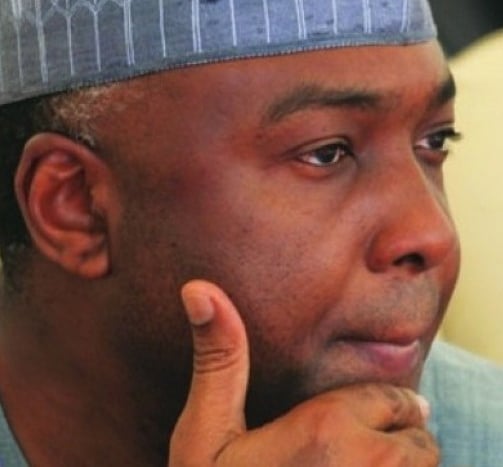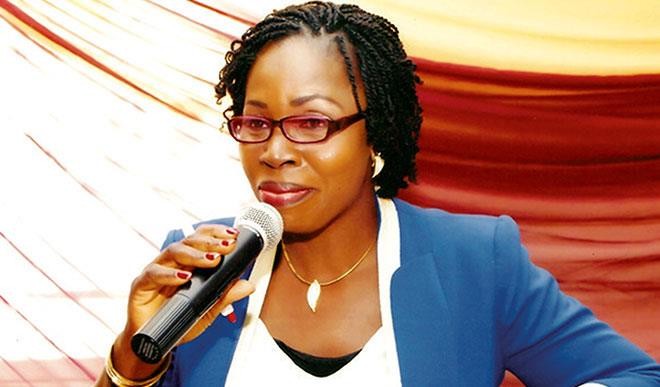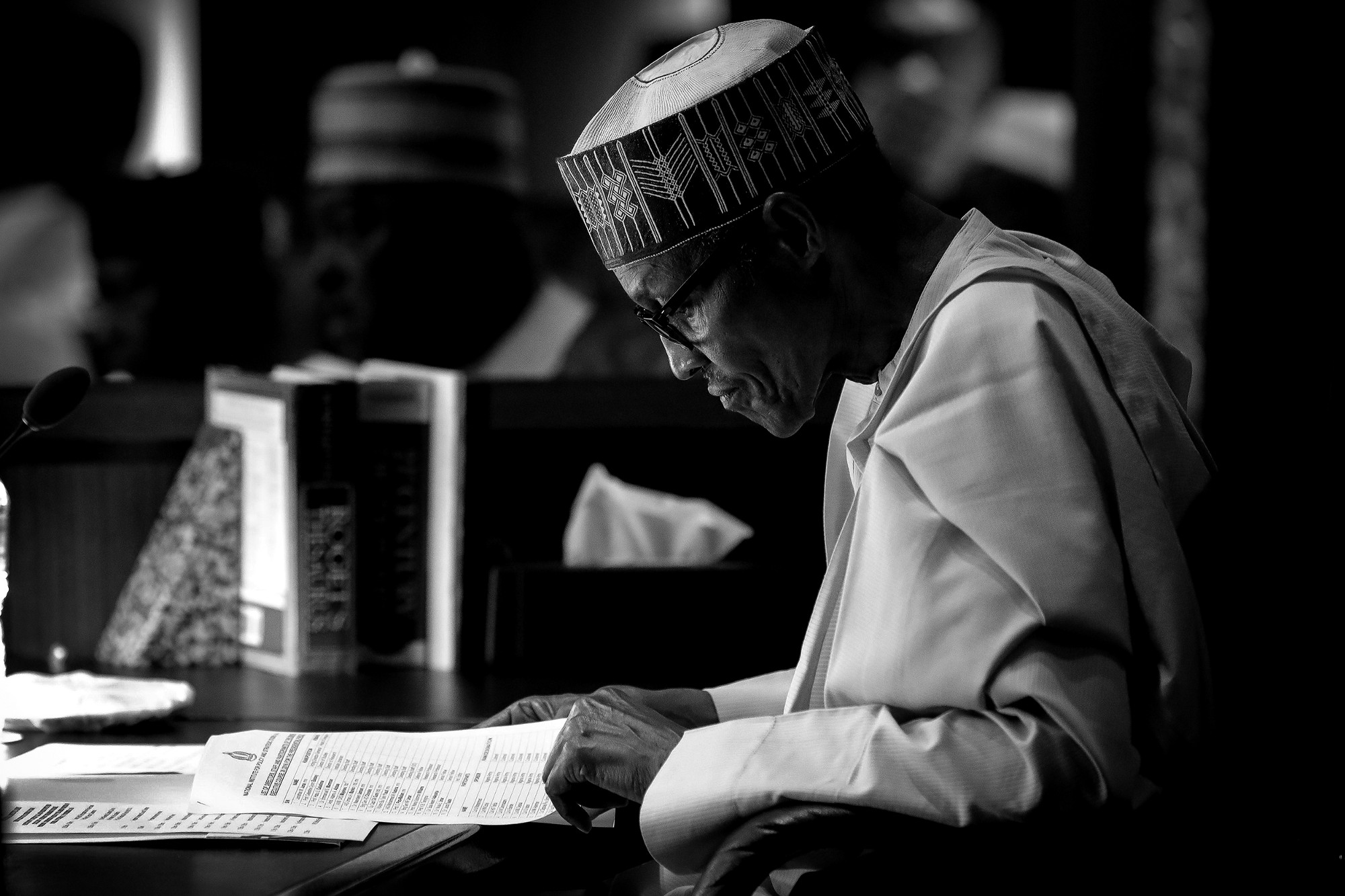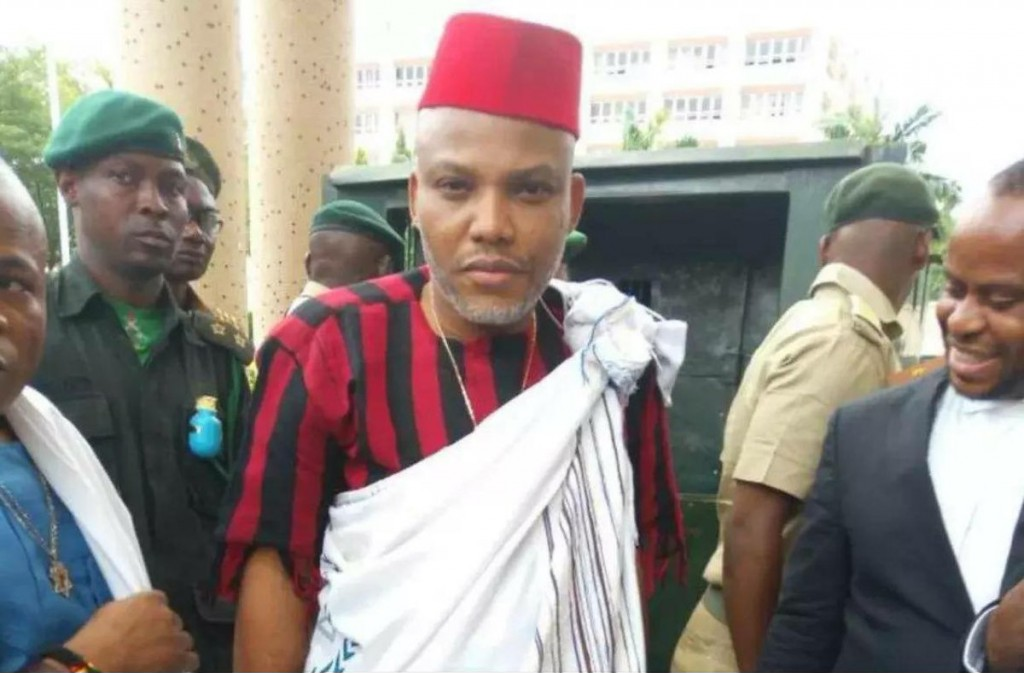BY SILAS ONU
“The state is constitutionally obliged to see that every citizen’s reputation is sufficiently protected from ‘unjust’ attack, …Equally as important as the constitutional right to freedom of expression is the constitutional right that every citizen has to his or her good name. This latter constitutional right imposes an obligation on the State to ensure that every citizen’s reputation is sufficiently protected from “unjust” attack.” writes Jim O’Callaghan in the Irish Times publication of October, 30 2003.
The above excerpt caught my attention when it became clear to me that almost all the corruption cases that have been charged in the court of public opinion with imaginary evidence sufficient enough to attract media and public affirmation, in addition to the massive support from citizens who have been short-changed by their leaders since independence, but with very disappointing outcomes from the court of law.
The outcome from many of the so called “high profile” corruption cases simply reveals that the State is incapacitated more by political consideration than professional ineptitude. A good number of the high profile citizens who have been charged by the State for one form of corruption or the other were only needed to make a show of the government’s pretentious resolve to fight corruption and thereby further deceive the many frustrated Nigerians who are hopeful for a corrupt free nation. But, like Jim O’Callaghan wrote in his publication quoted above, these “high profile” citizens are by all standards entitle to the protection of their good name and as specified in our own constitution, their dignity of person. The state is also required to ensure that every citizen’s dignity of person is protected at all time.
Advertisement
Many of us had blindly supported this administration’s apparent determination in fighting corruption and were quick to justify the arrest and detention of Judges from the highest Courts, in the believe that the agencies saddled with the task of fighting corruption have indeed found some real evidence and have sufficiently analyzed them in ways that made these evidence inextricably linked to the suspects. We became even bolder when snippets of seemingly incriminating materials (money in most cases) were leaked to the media by these agencies. With each image of piles of money recovered from the homes of politicians, past public/military official or judges, the more the rage of citizens was heightened as it only speaks to our common hatred for these classes of leaders whom we have been wary of since independence. So, the state agents, understanding the mood of the society, have also abandoned their core duty and delved into the murky waters of politics by appearing to be fighting corruption when they are actually being used for silencing opponents or punishing dissidents in an art of grand deception at the expense of the nation.
We have witnessed the total lack of regards for laws by the executive, especially regarding the issue of appointing the head of the main anti-corruption agency, the EFCC, assuming that only one man is qualified enough to head that agency. But now, we understand why he is most desired by the executive as, maybe, only he can function above the law and drag anyone to the mud once ordered to do so even without the tiniest piece of evidence incriminating such a person – he is a name killer, a dignity destroyer – not a corruption fighter.
I’ll like to make a brief review of how a combination of these state agencies was engaged to smear the good name of a citizen – Olubukola Abubakar Saraki. When he emerged as the President of the Senate in 2015, everyone was certain that he acted outside the political calculation of some APC big wigs who had promised that office to some of their loyal followers. His act was seen as an affront to those who felt that they owned the party and worst still, he got the complete support of the PDP to emerge and surely he must pay for such an act of “betrayal”. Soon thereafter, questions began to emerge concerning his asset declaration when he was the governor of Kwara state. As usual, once the plethora of imagined infractions was gradually being leaked to the media, many of us called for his prosecution and immediate removal from office. Action was filed at the Code of Conduct Tribunal and the media was filled up with guests who gave reasons why the President of the Senate must resign or step down until the case against him was determined one way or the other.
Advertisement
In all of these times, many of us had already condemned him and want him punished immediately, without even desiring to hear his explanations for the said non-declared assets. We linked him to the Panama leaks as the drama climaxed. We condemned the entire senate for trusting in their leader and supporting him even with their presence in court at each trial. He insisted that he wasn’t given a chance to explain the content of his asset declaration, but we insisted that he must be crucified. In his normal human fears, not understanding what was going on and what the plans against him was, he challenged the jurisdiction of the Code of Conduct Tribunal by insisting that the Tribunal was not properly constituted for not having its full complement (members). The argument went all through to the supreme court where it was held that the Tribunal was well able to try him as its jurisdiction is determined by quorum and not by the full complement of its membership. The trail went on with the prosecution making a number of amendments in its charges which contains 18 counts. Then finally, the prosecution rested their case and the defendant pleaded that he has no case to answer. The tribunal agreed with the defendant, thereby discharged and acquitted him on all the counts contained in the charge.
Interestingly, while the drama was ongoing, the defendant and the prosecution both knew so much that we the people didn’t know or understand. While the defendant insisted that he was being persecuted, the prosecution maintained their media friendly posture by staging a carefully orchestrated trial where the law was expected to be turned on its head by having the defendant to proof his innocence before the entire nation. They knew that their case will not survive in the court, but understood that his name is more likely to be killed in the court of public opinion. So they kept us busy in different media houses engaged in all sorts of analysis and condemnation.
I had the privilege of looking at the judgment of the tribunal and all I had to say was “wow”! I exclaimed, not because the President of the Senate was discharged and acquitted, but at the complete waste of time and public resources by the prosecution. If I was briefed to prosecute the President of the Senate with the set of facts used in this case, I will not hesitate in advising the government to forget about it as the man hasn’t done anything wrong in his asset declaration form.
Advertisement
Reading through the judgment, it became obvious that the President of the Senate, firstly, was being tried for not declaring that properties belonging to companies in which he owned shares (which he declared) belonged to him. How can any serious lawyer who understands that companies are by law “persons” with rights to own properties in their names, charge a shareholder with a crime for owning such properties because he declared his shares in such companies? It is only when such a lawyer is hired to persecute that he get blinded by the fees and disregard his integrity. All the properties that Bukola Saraki was accused of owning, in Nigeria and abroad, belonged to companies in which he owned shares of which he declared in his CCB forms. No court will convict a person for such a charge as it will amount to a travesty. Correctly, the Code of Conduct Tribunal threw out those counts as not having any direct links with the defendant.
Secondly, a situation where the prosecution accused the defendant of paying monies into a certain account and maintaining that such monies was clearly proceeds of crime and then, through their own witnesses (Prosecution witnesses) admits that the defendant was worth $23 million in 2003, before he became a public office holder (an amount higher than what is in issue in the charge), was suicidal for the prosecution case as there is no law against being “rich” in Nigeria. The prosecution acted on suspicion that the defendant has corruptly enriched himself and thereby, without diligence, ended up persecuting him woefully. The point must be made that the defendant did declare the extent of his wealth and in a futile and attempt to smear his reputation and good name; the prosecution termed his declarations as “anticipatory declarations” and failed to substantiate same in their case.
Thirdly, one would imagine that a combination of state agencies engaged in the investigation of a case will certainly be up tight in their assignment and understanding of how the laws of the land operate. How can the prosecution parade a witness who “personally knew nothing” about the pieces of evidence he was expected to tender in court? What can better describe a hearsay evidence than when a witness says that all he has said in court were based on what “his team” told him? Are we serious in this country? Do you mean that a civil servant with almost 20 years standing in the field of investigation and prosecution will make such a blunder in court and we will still be interrogating the judgment of the tribunal afterwards? I think that such a “team” deserves to be punished for allowing themselves to be tools in the hands of powerful individuals in an attempt to smear the good name of a citizen. The tribunal was even patient enough to wait for the defendant to make a “no case submission” as section 302 & 303 of the Administration of Criminal Justice Act. 2015 allows the court to make such a finding on its own (suo moto) without even being prompted by the defence.
The case of the prosecution was so bad that even the lead counsel knew what to expect and avoided the court on the judgment day. If he had any hope of getting anything out of the trial, the lead counsel for the prosecution would have been present in court, at least, for a chance to address the press once again.
Advertisement
Considering the total waste of time in the pursuit of shadow, one wonders how much resources went into this prosecution. In the midst of hardship and economic recession, when a wise government will be thinking of how to bring succour to its suffering citizens, some individuals at the helms of affairs orchestrated a phantom criminal trial to keep Nigerians busy with the discussion, like the coliseum of Rome, while they allocate huge sums of monies for a project that was obviously doomed from the onset. But who knows how they’ve individually benefitted from the entire drama? If we were to request for the retirement of all the monies spent in the “persecution” of Bukola Saraki, I am certain that it will be mind boggling as it could run into hundreds of millions. When you take into account the cost of hiring a senior advocate of Nigeria, the cost of investigation, the cost of engaging the media and other “logistics”, you will agree that it is indeed the ordinary Nigerians that have been short-changed by our supposed anti-corruption agencies. I am certain that everyone involved in the “persecution” received some sort of allowance to take care of certain needs. The entire drama is even more of a disappointment when one considers that all of the noise and wasted resources were simply to please some political interest or persons, it was never in the interest of Nigerians or Nigeria.
As I conclude, it will be very improper to not recognise the patriotic judgment given by the chairman and member of the Code of Conduct Tribunal who, individually and collectively, were harassed and intimidated by both side during the trial. They have sustained their integrity by maintain objectivity over emotions. They have shown themselves to be worthy of their calling even in the face of further intimidation and harassment. I salute their courage and industry.
Advertisement
Finally, in a much more organised society, while the government will be looking into the activities of those who misled it into betraying its core responsibility of defending the constitutional right of its citizen to dignity of his person, it will be civil to make a public statement apologizing to Senator Saraki and assuring Nigerians that the government is not engaged in a witch-hunting exercise under the pretext of fighting corruption, even as the cost of the prosecution is hopefully made public. I have made this suggestion to the government as someone who knows and understands that a good name is by far better than silver or gold and that every man is entitled to his good name, which is his dignity, and has the right to defend same until the contrary is proven. Transparency is utmost in any anti-corruption crusade as it will win and sustain public support for the government. Knowing how easily money can be taken from public purse in the pretext of prosecuting a high profile corrupt suspect even when it is obviously a futile effort, I am calling on the Acting President, His Excellency Prof Osinbajo to immediately request for details of how much was wasted in the initial trial before the “boys” will hastily deceive Nigerians into believing that the CCT was compromised with a threatened Appeal against the acquittal order. They kept failing at trials and then hastily draw monies from public purse to appeal their inefficiency. Have you ever wondered how much a Senior Advocate of Nigeria is paid from public purse to simply prosecute such a case? Such fees usually run into hundreds of millions of Naira. Of course, in Nigeria people get appreciated for their patronage. The era of reckless spending of public funds on frivolities must be stopped by demanding accountability from those who prosecute on our behalf. Let’s not perpetrate corruption under the pretext of fighting same.
The fight against corruption as being preached by those entrusted with it under this administration has assumed a dangerous height when a member of the Presidential Advisory Committee Against Corruption PACAC, Professor Femi Odekunle, will be quoted to have made the following statement: “Does the Presidency realise that routine crime prevention and methodology, instruments and processes are not adequate in fighting corruption in this country? That is, does the presidency realise that fighting corruption must be a ‘rofo rofo’ fight? That it is not a question of due process, long process, fair hearing and all those that will give you technical justice instead of real justice?
Advertisement
With the above, any discerning Nigerian will see that the movement is completely a well rehearsed drama that is not to be guided by known legal principles. Shame on Professor Femi Odekunle for advocating dictatorship under a democratic government.
On this note, may I congratulate the Most Distinguished Senator Olubukola Abubakar Saraki, President of the Nigerian Senate, for being vindicated and redeeming his good name through a fight that has only made him a better leader working for the good of the nation.
Advertisement
Congratulations sir.
Silas Joseph Onu, a legal practitioner, writes from Abuja
Views expressed by contributors are strictly personal and not of TheCable.
Add a comment






